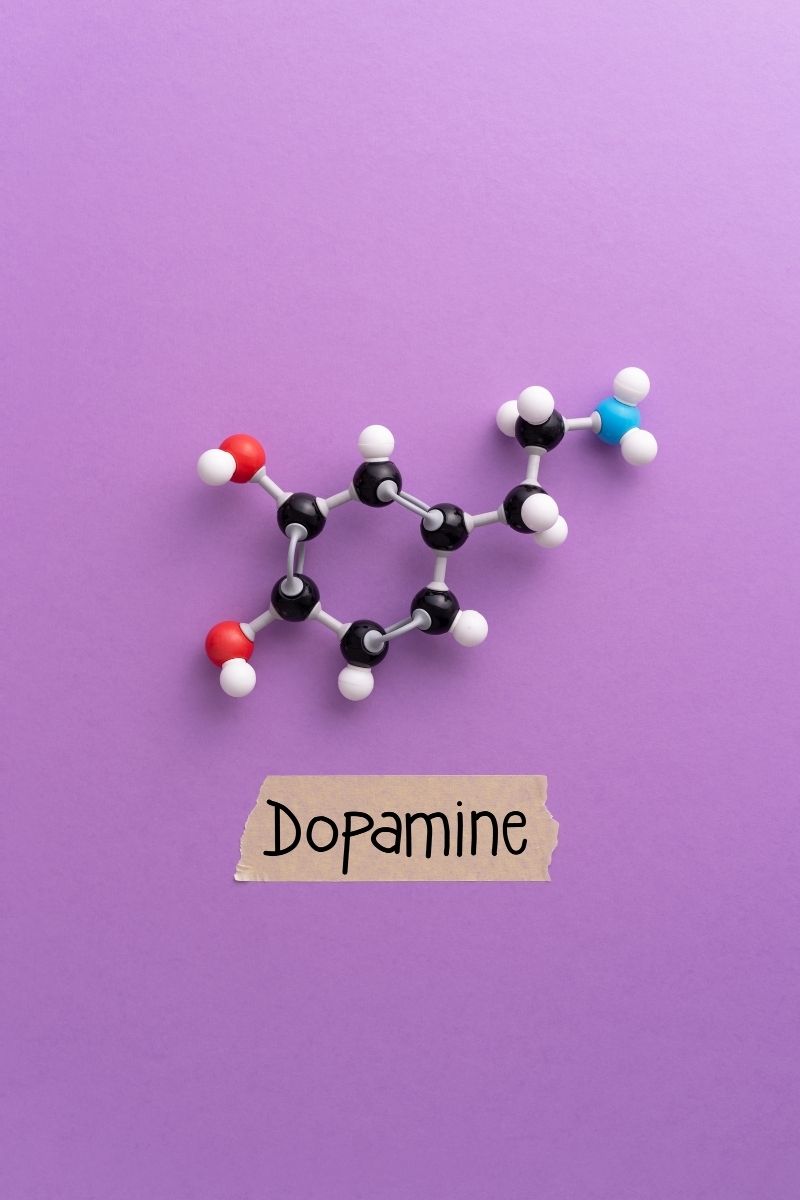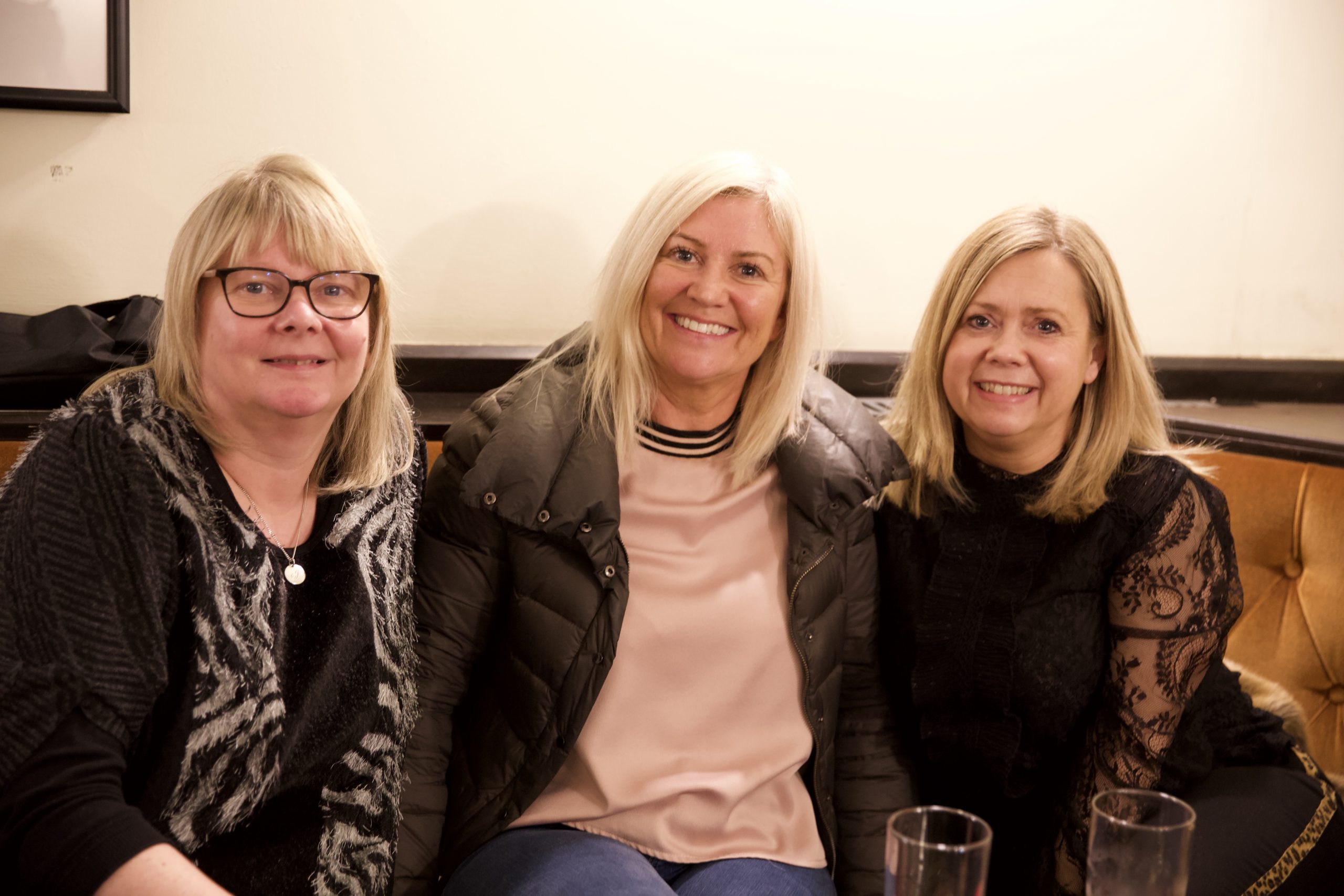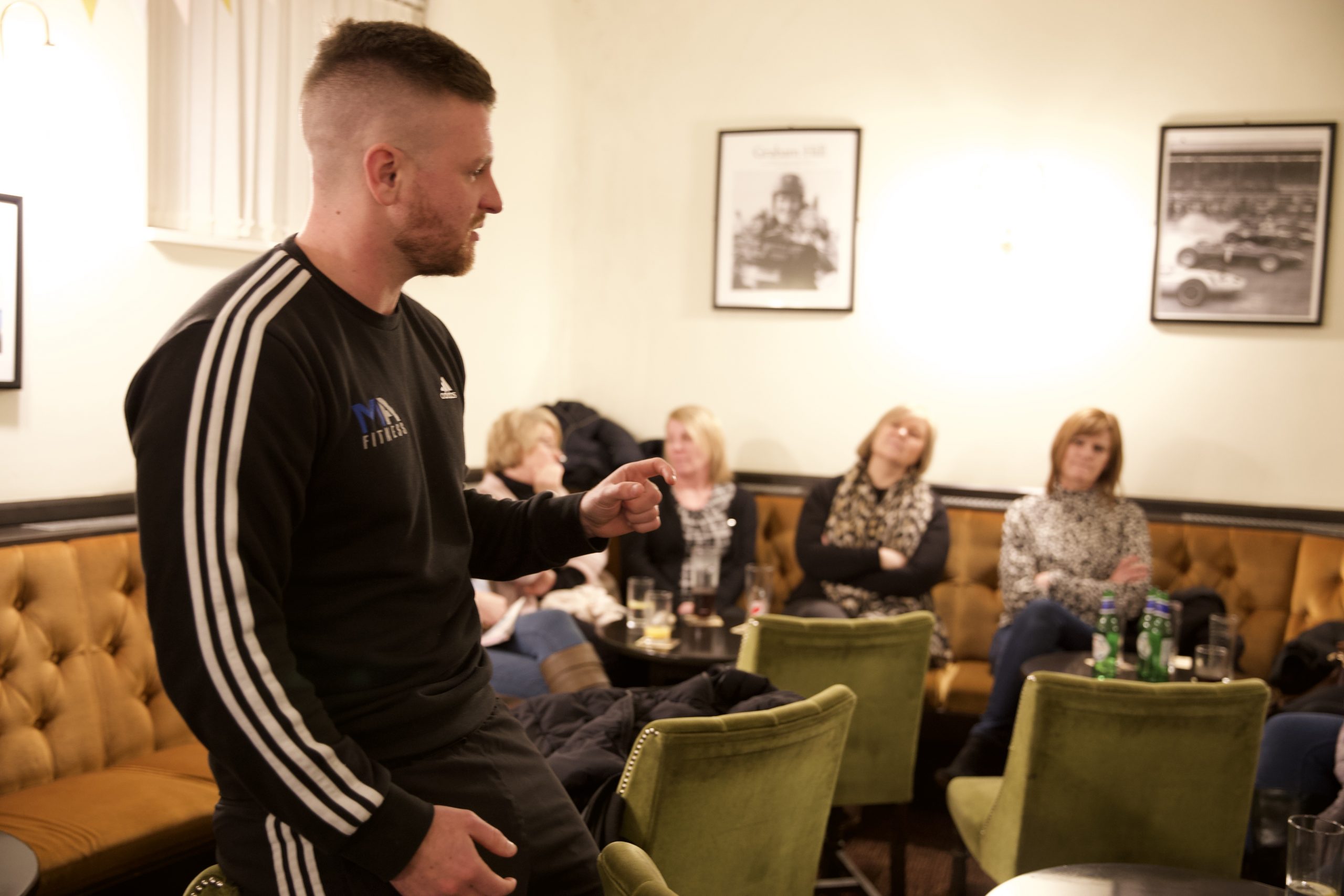Menopause and our Brain


Have you ever wondered why we all react differently to one another during perimenopause and menopause?
Is it all just down to our hormones?
What difference do our mindset and our brain function have?
Our founder Sarah Cale had the opportunity to explore some of these questions with Aidan Smith from MA Fitness. Aidan’s clients are prominent women between the age of 45-60. Because of this Aidan has studied various aspects of menopause to enable him to have a better understanding. Here are shares with us an insight into what he has learnt.
Ageing is out of your control; how you handle it, though is in your hands. – Diane Von Furstenburg
During your studies have you found any evidence to suggest why women suffer different symptoms from each other?
- Neurological tracts – test chemicals in the brain affect the way that you think.
These differ in women and can determine how we cope with menopause and why each woman has different symptoms.
- Dopamine can affect how happy we are, movement, memory and focus.
- Serotonin regulates mood, sleep, appetite, digestion, memory, sexual desire and function.
- GABA (Gamma-aminobutyric acid) controls fear anxiety, calming down. Any change in levels can result in mood swings, fatigue, even depression so looking after our bodies and minds is of paramount importance as very often in menopause we struggle with the changes in our bodies and coping with what we always thought were normal occurrences on our everyday lives.
Aidan used an analogy to help us define our personalities. This will indicate how well you can cope with menopausal symptoms. He asked that we chose an item out of the following: – Rope, Megaphone, Bar of Chocolate or a Cup. For this choice, we were also on a desert island with five other occupants.
- Rope – Creative person – find menopause difficult/frustrating as become less creative – dopamine-related. Memory and focus.
- Megaphone – Prefer to be the leader and listened to. Struggle with menopause as they like to get things done quickly. Menopause can last for a number of years.
- Bar of chocolate – Require instant gratification. Serotonin natures. Struggle with menopause as it doesn’t happen straight away.
- Cup – Shares and put others before ourselves. Maternal instinct. Need to be more selfish and look after yourself first. GABA nature. Need to control fear and anxiety.
Most women at the meeting fell into the CUP category, with 2/3 falling into the Megaphone/bar of chocolate category.
Is there anything pro-active women can do without using HRT?
Hydration:
- We should be drinking 2 litres of water a day. This can assist with hot flushes, brain fog as nerve cells don’t function correctly without proper hydration. Put a slice of lemon or lime in the water if desired (however, if you do not have a gall bladder don’t add lime)
Menopausal women appear to gain weight around their middle. Besides the change in hormones is there anything else that can cause weight gain.
- Neurological levels drop
- Metabolism slows down
- The part of the brain that covers metabolism also covers menopause.
- Self-esteem drops in menopause
- Need to understand chemical balances – Hydration, hydration, hydration!! Nutrition and exercise.
How can we protect ourselves from Osteoporosis?
- Weight-bearing exercise is very good
- Ensure that it is done correctly
- Take advantage of a trainer at the gym if available – generally first session free.
Sleep/Anxiety:
- Stress causes sleep deprivation/unrest
- Reading listening to music, mindfulness apps can all help to destress
- Catnaps are very good. 30 – 40 minutes is all it takes.
- Anxiety and stress affect serotonin levels which can lead to depression – eat more frequently and hydrate
- Eat 2 cubes of dark chocolate before bed to help you sleep
Libido/Dryness:
- Although a lower libido and vaginal dryness are mainly due to decreased hormone levels in menopause there may be an underlying problem with Lumber Vertebrae 3 and 4. Nerve coating is not communicating with the brain. Worth checking out any lower back pain. Also, KEEP HYDRATED!!
Self Esteem:
- As Aidan mentioned we all have self-esteem issues, feeling of self-worth. Talk to your partners, friends or any groups (Positive Menopause I would certainly recommend) for support.



Stress:
- Stress is the highest contributory factor of chemical imbalances, decreased levels of serotonin, dopamine etc., and the root causes in order are;
- Hydration
- Sleep
- Nutrition
- Everyday challenges
- Exercise
- Build hydration up. Fluids carry nutrients to your cells, flush out bacteria, remove waste from the body, lubricate joints, and prevent urinary infections.
- Improves elasticity in the skin.
- Alcohol is very dehydrating. Don’t drink to excess. It can often mask pain, and the sugar in alcohol can become addictive. Menopause often exacerbates nerve cell to brain communication.
Nutrition:
- Understand your body
- Oily fish is perfect for stiffness in joints, high in ‘good fats’ (omega 3 fatty acids), e.g. mackerel, sardines, herrings.
- White meat and whitefish are also good sources of lean protein, e.g. chicken, cod, haddock, Pollock. 3 – 4 portions a week recommended.
- Red meat increases testosterone.
- Don’t eat carbohydrates before bed.
- Get your nutrition right – hydration harvested. If not hydrated, fats will sit in the body.
- Good breakfast choices – Avocado, boiled eggs, natural yoghurt, high-fat yoghurt, blueberries
- If you under-eat, you will lose muscle, NOT fat
Breaking down macronutrients:
- Protein – amino acids
- Fat – Fatty acids – good fats (saturated)
- Carbohydrates – glucose/sugar
- Vitamin supplements: Vitamin D, B3, B12
- Vegan diet – Not recommend it as it includes a high amount of carbohydrates which convert to glucose/sugar
- Nutrition Plans better than diets
- Avoid junk food. Instant gratification – quick fix but high in carbohydrates
Exercise:
- Any exercise is better than nothing
- Housework, walking, going to the gym, pilates, yoga, team sports
- Stiff joints? As long as you exercise correctly you will not cause further damage
All Contact information for Aidan can be found on our Guest Speaker Page
